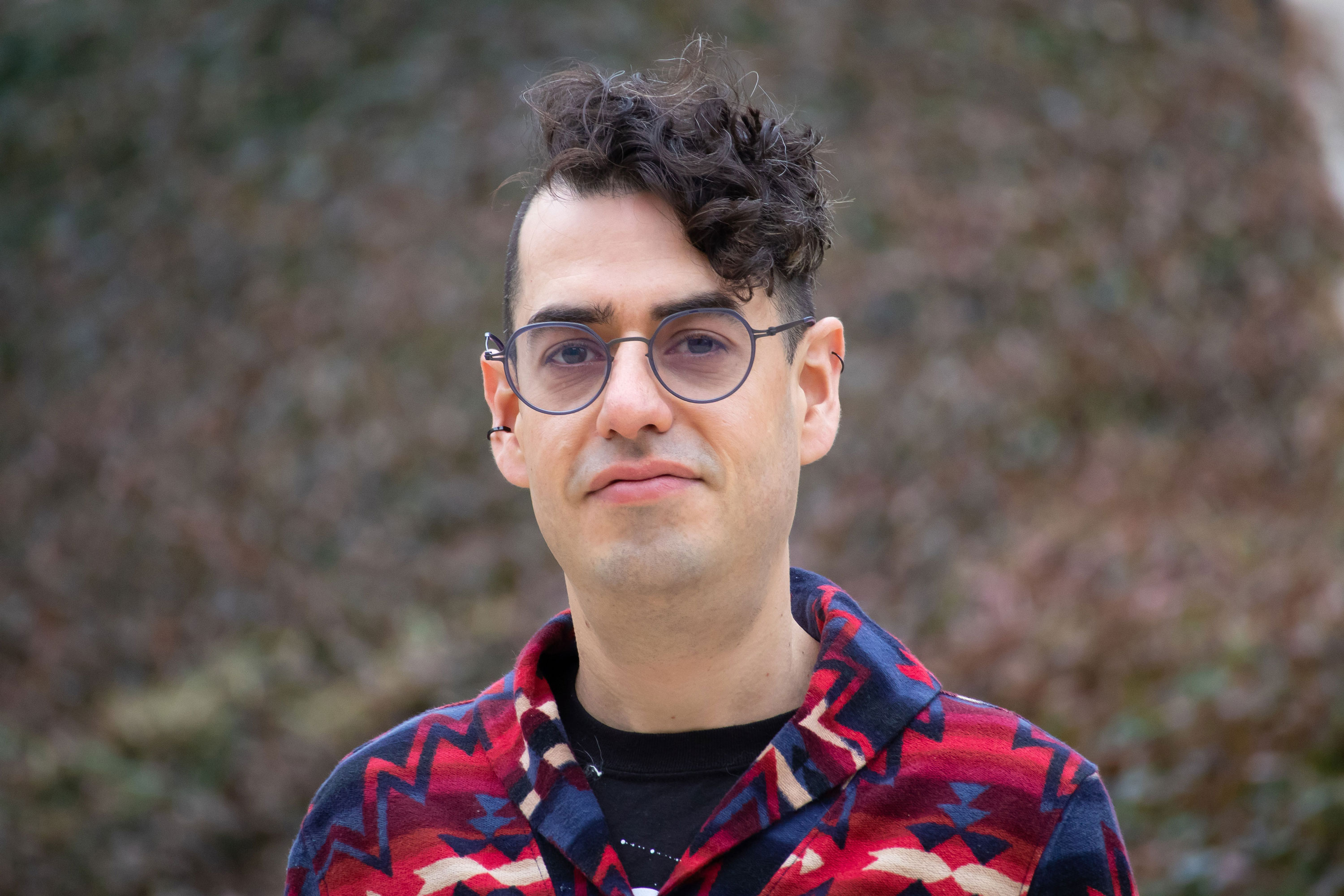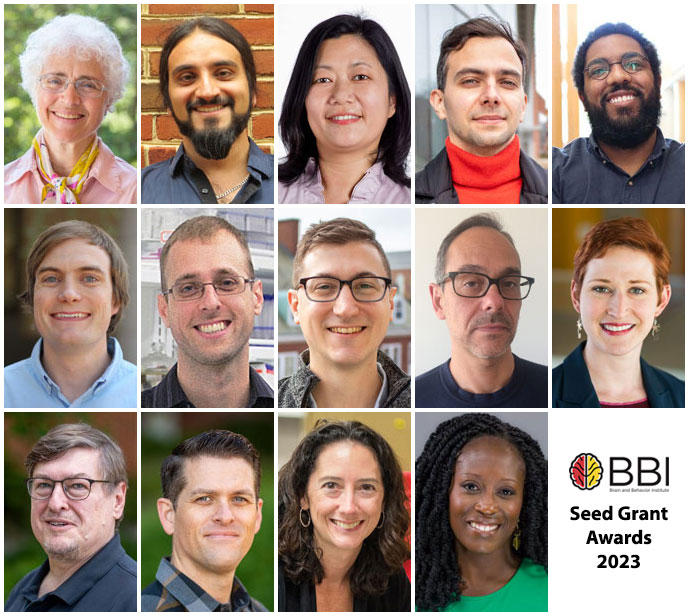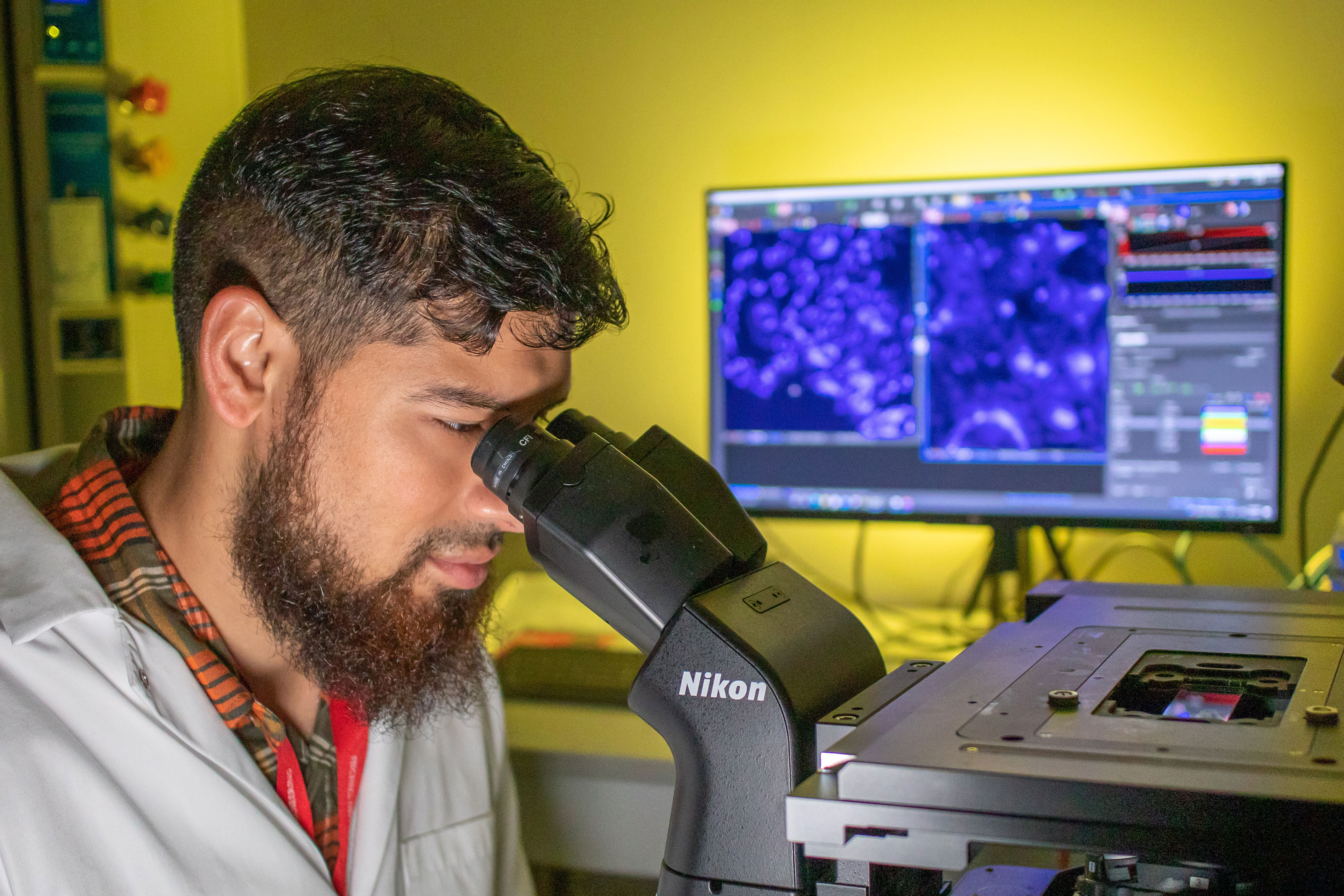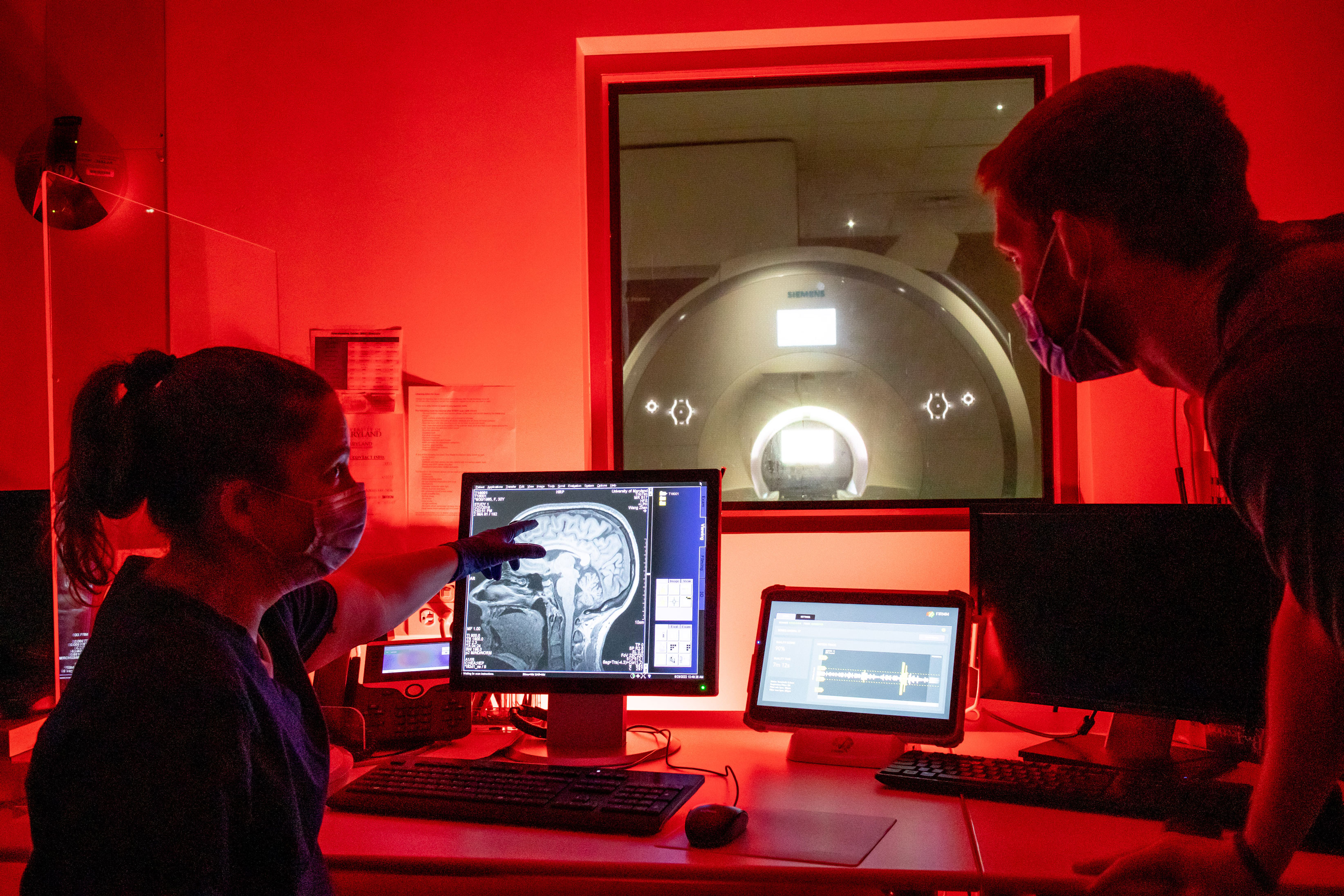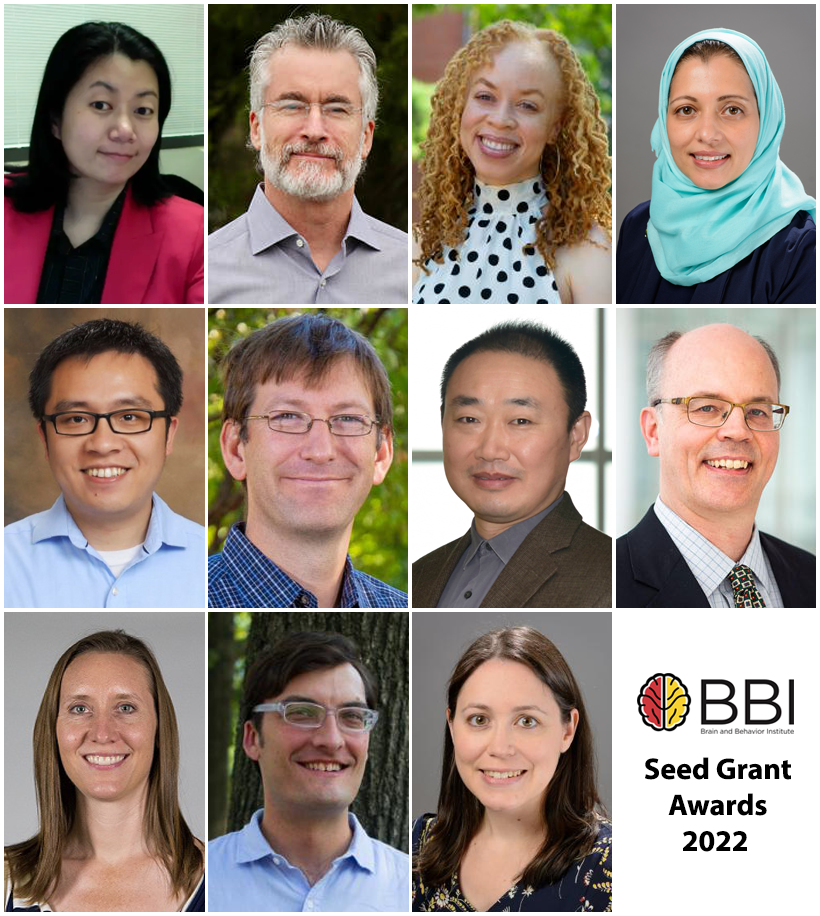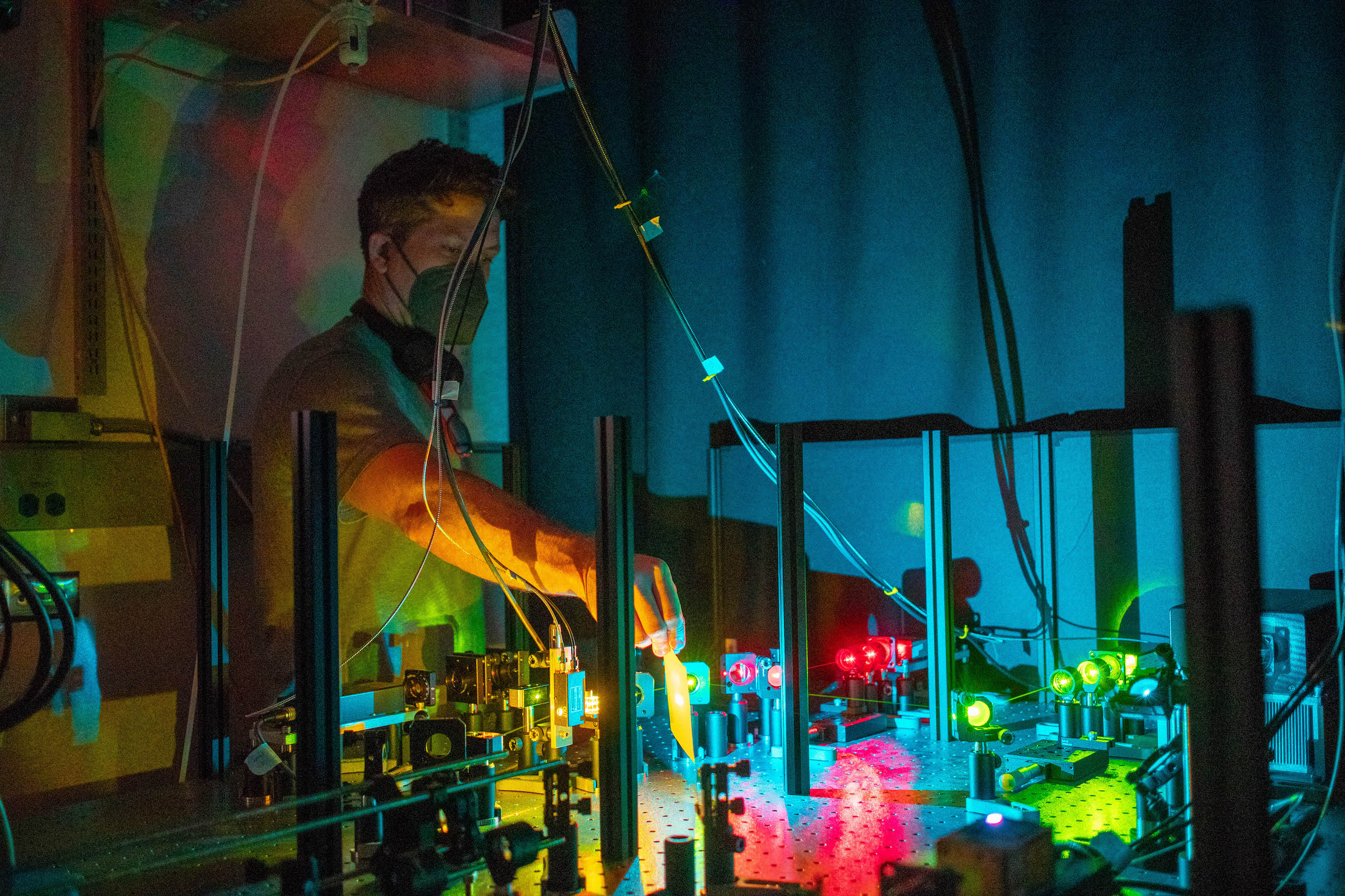News Story
Cummings Awarded $2.7M to Study Impacts of Aging on the Brain

Michael Cummings, a professor of biology with an appointment in the University of Maryland Institute for Advanced Computer Studies (UMIACS), is part of a team funded by the National Institutes of Health (NIH) to study how aging impacts the brain.
Working with medical experts at the University of Maryland, Baltimore (UMB), Cummings will continue his research on aging and traumatic brain injury in mice, which could eventually contribute toward treatments for age-related diseases like dementia and Alzheimer’s.
Cummings is also the recipient of a 2022 BBI seed grant award for his collaboration with Matthew Goupell, a professor of hearing and speech sciences at UMD.
The $2.7M NIH award will be spread across four years, supporting his team’s ongoing work that uses machine learning techniques to interpret “multiomics” data, where the data sets of different omics groups—genome, proteome, transcriptome, epigenome, and microbiome—are combined during analysis.
The collaboration was spurred by a state funding initiative called AI + Medicine for High Impact (AIM-HI), which joins faculty from both universities to tackle major issues that require cross-campus expertise in artificial intelligence and medicine. The initiative supports projects that have high potential for scientific breakthroughs and are likely to secure larger federal awards.
“The AIM-HI funding allowed us to show that machine learning could effectively be applied to multiomics data, with hundreds of thousands of variables quantifying the amounts of different proteins and lipids,” explains Cummings.
For their latest project, his team will develop software tools that can assess the brain’s changes in lipids and proteins, then characterize and test those tools.
Their results will be used to make inferences about biochemical pathways, which can help scientists identify potential interventions to mitigate the negative effects of aging on the brain.
Cummings notes that he met his UMB collaborators—Maureen Kane, an associate professor of pharmaceutical sciences, and Marta Lipinski, an associate professor of anesthesiology—at a meeting that was organized by UMIACS Director Mihai Pop intended to stimulate collaborative research proposals.
“Interdisciplinary research supported by new advances in computing will continue to open new doors of discovery,” says Pop. “This work by Michael and his collaborators in Baltimore is a perfect example of that.”
Original story by Maria Herd, reprinted from UMIACS.
Published June 1, 2022
